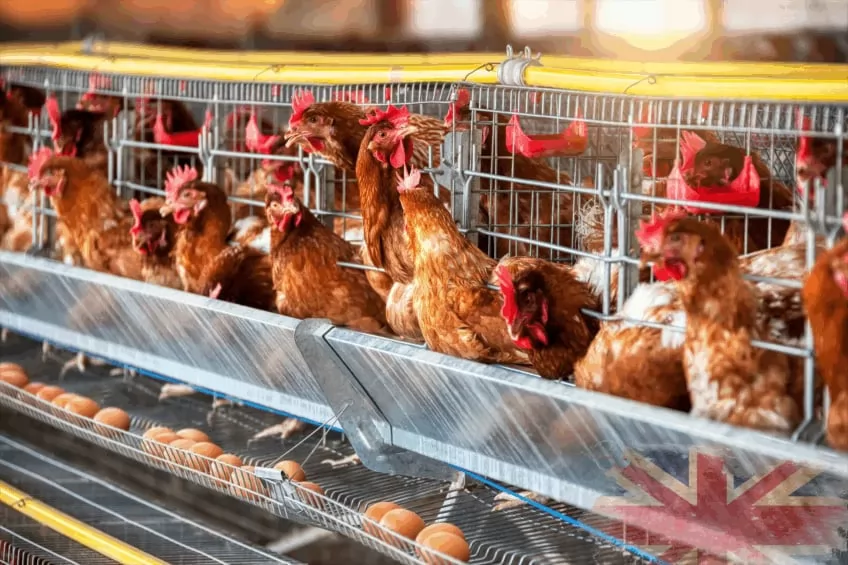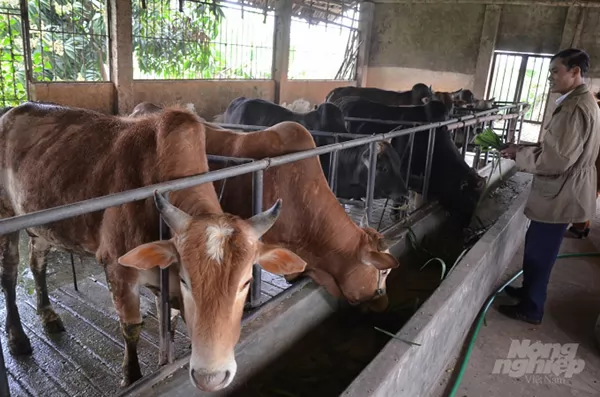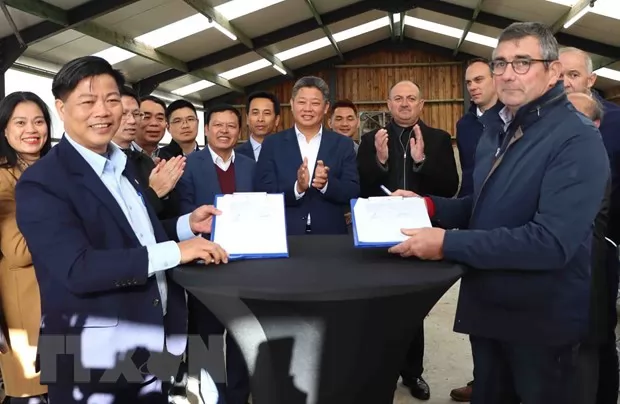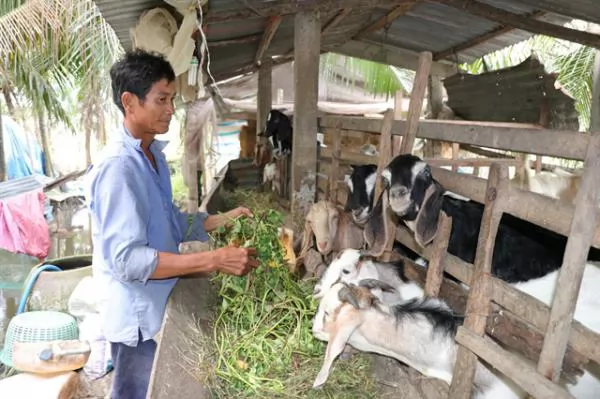Cage-free countdown: UK retailers face 2025 deadline

Photo: Canva.
(VAN) Pressure is growing on companies to adopt the cage-free commitment for their egg supplies. Many food companies said their eggs would be from cage-free systems by the end of this year (2025).
Animal welfare charity Compassion in World Farming (CIWF) said the situation was mixed in the UK with 82% of the industry shifting to cage-free production by March 2025.It singled out Waitrose, Marks and Spencer, Sainsbury’s, The Cooperative Food, Greggs, McDonalds, Greene King and Pizza Express – for sourcing from cage-free outlets.
Others making some progress
Others were making substantial headway, such as Tesco UK, Aldi UK and Whitbread PLC but needed to accelerate their efforts to meet the 2025 deadline.
Major retailers falling behind
But it said not all companies are on track in the UK. Several major retailers, including Asda, Lidl GB and Morrisons – are at risk of missing the deadline, while Spar (UK) Ltd is not reporting. The charity is most concerned with Iceland, which has recently dropped its cage-free egg commitment entirely.
Public opinion strongly against cages
CIWF called this a regressive move, saying it did not chime with public sentiment. It quoted a More in Common poll, commissioned by the charity in September 2024, that found 75% of Britons viewed the use of cages as cruel with two thirds willing to pay more for cage-free eggs. Meanwhile, the 2023 Eurobarometer revealed that 89% of EU citizens opposed the use of individual cages.
The cage-free shift is no longer optional — it’s a moral, commercial, and legislative inevitability. Retailers must act now or be left behind.”— Dr Tracey Jones, CIWF Global Director of Food Business
Europe moves toward legislation
Across Europe, legislative momentum has been building. Austria has banned enriched cages since 2020, with Germany, the Czech Republic, France and Wallonia all planning to introduce similar bans between 2026 and 2028.
UK at tipping point on cage-free eggs
Dr Tracey Jones, CIWF Global Director of Food Business, said the UK was at a tipping point for cage-free eggs:“With a growing number of companies already meeting their commitments and a significant percentage of supply already cage-free, there is no excuse for delay.“Companies have had ample time to prepare and with the 2025 deadline fast approaching, they must act decisively now to honour their commitments – particularly when it comes to shell eggs.“Voluntary commitments have driven real progress, and the momentum is clear – but to level the playing field and support responsible businesses, we now need cage-free legislation that ensures the entire sector moves forward together.”
Next Report Due in 2026
CIWF is seeking updated data for its next EggTrack report, which will be published in 2026.
HD / (PW)
Maybe you are interested

Vietnamese beef cattle breed favored by China
(VAN)- The Vietnamese yellow cattle that seemed to have gone extinct because it was small, slow growing, and thus eliminated, now has been suddenly hunted for high prices by Chinese traders.

Hanoi, Belgium\'s Wallonia develop 3B bull breed
A working delegation led by Vice Chairman of the Hanoi People's Committee Nguyen Manh Quyen visited and held a working session with Belgimex, supplier of Blanc Blue Belgium (3B) bulls...

Goat breeding brings high incomes to farmers in Bến Tre
Breeding goats has helped many farmers in the Cửu Long (Mekong) Delta province of Bến Tre escape poverty and have a stable income as the animal is easy to breed and does not require large investment.





